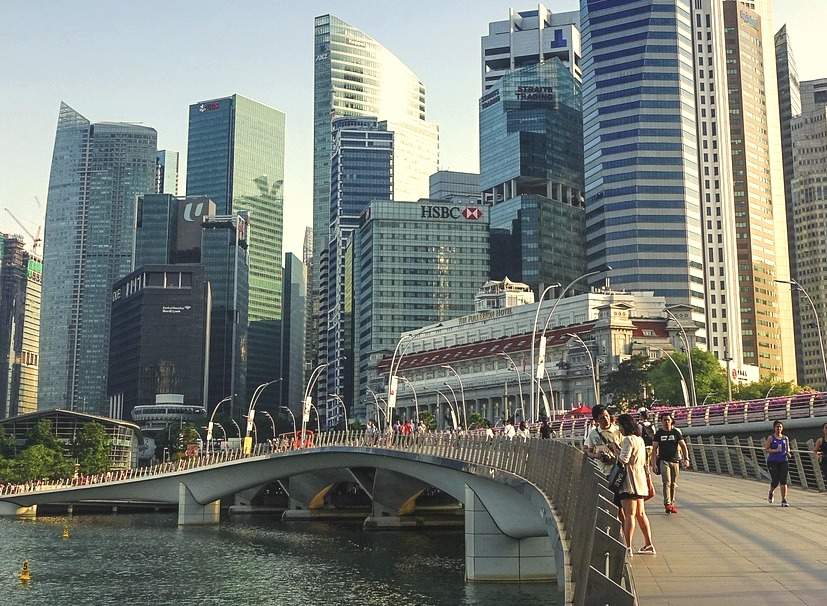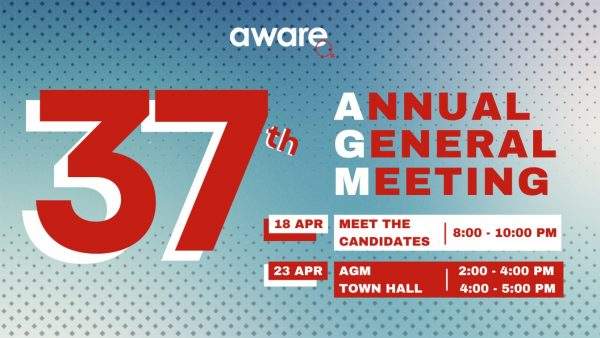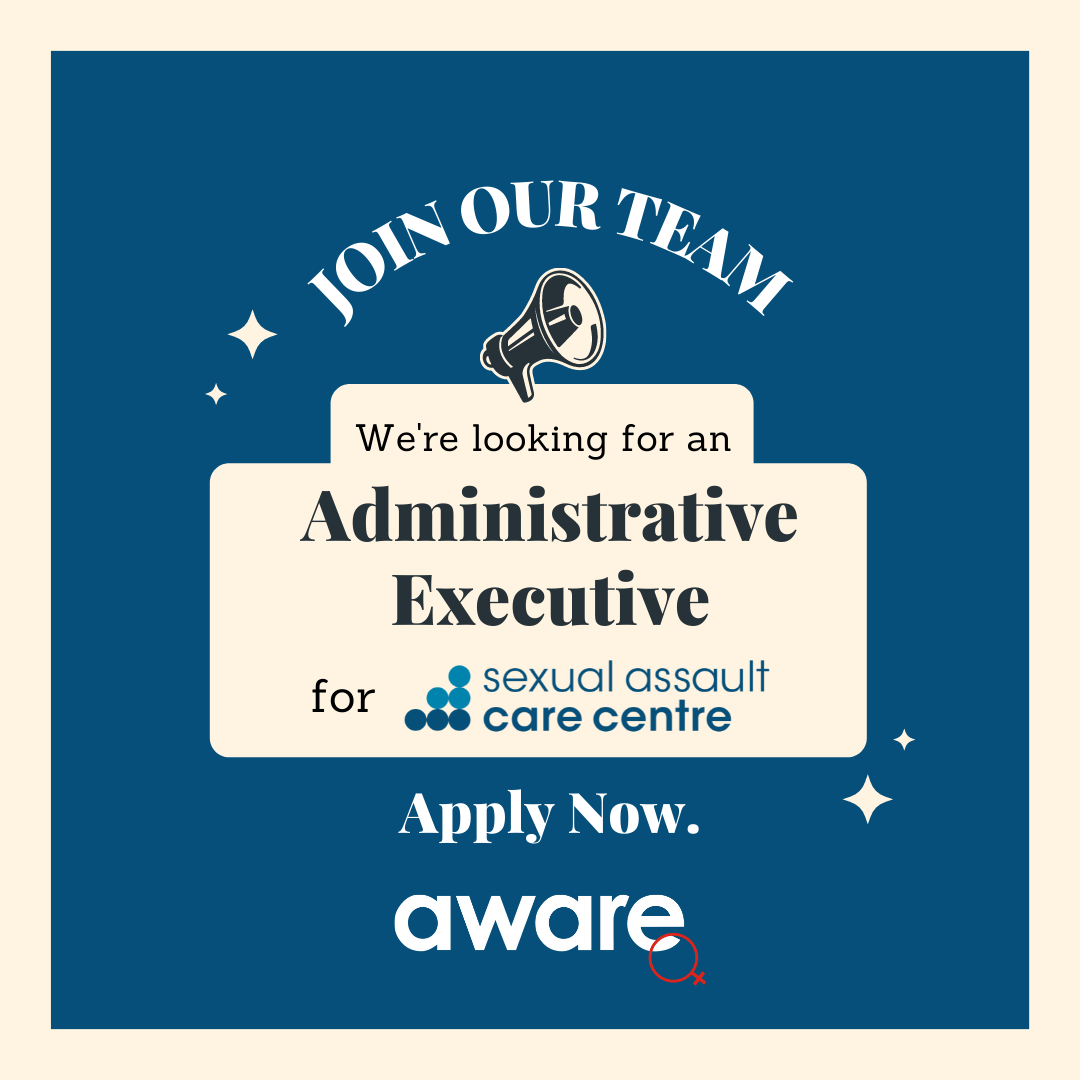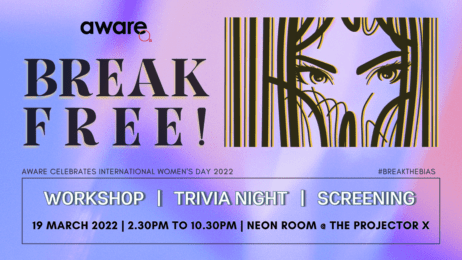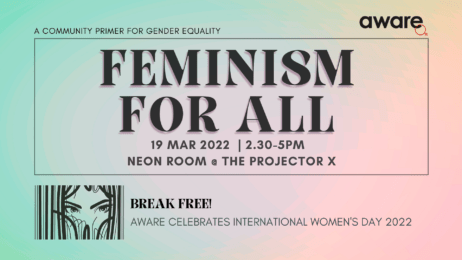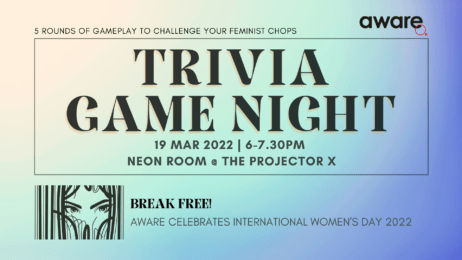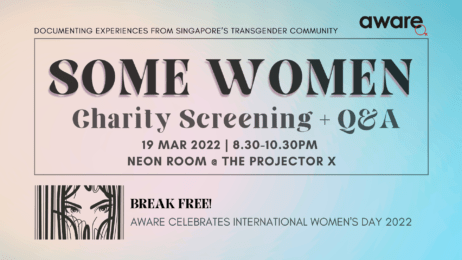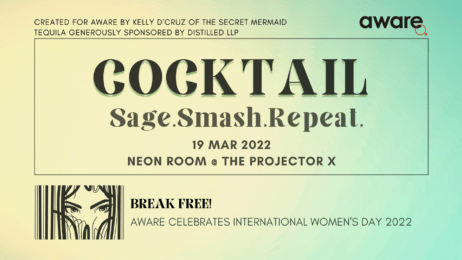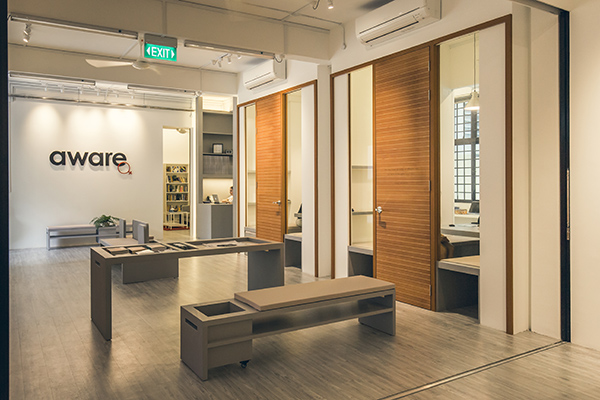This op-ed was originally published to The Business Times on 5 April 2022.
ARE Singapore’s workplaces doing enough to address gender inequality?
On Mar 28, the government unveiled its long-awaited White Paper on Singapore Women’s Development: a 25-point action plan, 18 months in the making. The first action on the list? Introduce new workplace fairness legislation – specifically, by enshrining the Tripartite Guidelines on Fair Employment Practices in law to ban discrimination on the basis of gender, age, ethnicity and other grounds.
This legislation, first raised by Prime Minister Lee Hsien Loong at last year’s National Day Rally, has been met with widespread approval. Yet while the law will surely make for a strong deterrent and signal to society that discrimination is unacceptable, the White Paper also points out that “legislation is not a panacea”. If so, what else will it take to bring the working world up to speed?
There has been, traditionally, a vein of scepticism regarding the effectiveness of championing gender equality in corporate spaces, governed as they often are by the capitalistic emphasis on profit and productivity over well-being and inclusion. Yet at AWARE’s training arm, Catalyse, we are truly optimistic about reimagining work for the better.
Many companies and business groups today are stepping up to champion gender equality and other forms of diversity and inclusion. Spurred in part by the pandemic, these companies know that today’s investors expect them to help make the world a better place. ESG (environment, social and governance) criteria and stakeholder capitalism are more than trendy buzzwords – investors want to see women and other minorities represented on boards and senior management teams.
More than that, companies are also cognisant that gender equity is a talent and leadership issue, and that they cannot afford not to attract, retain and promote female talent. Singapore’s female talent pool is under-utilised, considering that for more than 10 years, our female graduates have outnumbered male graduates. If women worked at the same rate as men, our workforce would boast at least 225,000 more workers – about 25 per cent more women than we have today. This war for talent has only been intensified by the Great Resignation of the past couple of years.
So how exactly can we reclaim our workplaces from the patriarchy’s clutches?
The problem with male-dominated industries
A question we get often at Catalyse is how women can break into male-dominated industries or companies.
We recently came across an industry where female representation in most key functions was below 5 per cent. The 2 major reasons for this, as cited by the workers, were that:
1) women lacked the aptitude to be creative leaders in that field, and
2) the demands of the work were simply not possible to balance with care responsibilities.
The first point is unscientific and largely unacceptable in many spaces. Yet perhaps it should not be surprising: After all, a recent survey by the Ministry of Manpower found that around 4 per cent of job applicants in Singapore face discrimination due to their pregnancy status. Another 7 per cent of female job applicants face discrimination on the basis of having children, while 4 per cent of all applicants face gender discrimination in general.
While these numbers are down from the survey’s previous edition in 2018, they point to a strain of unconscious biases that survives – and even thrives – in certain industries: that men are, for instance, better at problem-solving, or that women are more nurturing by nature and thus best suited for care work.
The second point, about work-care incompatibility, is probably true, and is also a function of bias – albeit a different, more structural sort of bias. These barriers to women are not so much expressed by individuals making individual decisions, but are baked into the very design of many workplaces. They take the form of work cultures that privilege the people who, for example, show up in person at the office (rather than virtually), and do not have to take leave at short notice or for extended periods of time, and have regular work hours that are not friendly to parents (for example, scheduling meetings for when school lets out). In this particular industry, for instance, it was common for people to work long 18-hour days (an extreme example, to be sure).
To the unquestioning, these work conventions may seem immutable. Yet they are just that – conventions – and based on implicit assumptions that penalise women, for example, “commitment to work should always trump commitment to family care”.
Worryingly, though, these are self-perpetuating systems. Women may feel uncomfortable and marginalised when their representation in a given space is less than the critical mass of 30 per cent. Such a space may indeed only attract the women who are willing and able to assimilate into patriarchal systems to thrive, for example, those who can refrain from showing much emotion in a bid to appear “tough”, or who lack (or give up) a desire to have children.
Some of these women may even deny the presence of gender bias or barriers, based on their own success. They may tell other women “if I can do it, so should everybody”, a perspective that fails to take into account the countless differences between people of the same gender. This makes it more difficult for women who do face obstacles to speak up for fear of seeming “weak”. So where should large-scale change come from?
Work can change, for women and men both
The White Paper proposes developing career mentorship, networking opportunities and training programmes for women at work – for example, focusing on women re-entering the workforce after an absence, for example, due to having children. These and other promising measures, such as the new Tripartite Guidelines on Flexible Work Arrangements, will hopefully usher in a new era for working mothers – one that isn’t characterised by stress, exhaustion and onerous mental load.
Of course, we have already seen companies embarking on similar initiatives: from the establishment of women’s sponsorship and leadership programmes, to Unconscious Bias training and the introduction of specialised roles such as Diversity and Wellness Officers. Cynics may write off these interventions as “virtue-signalling” wastes of time, but they do make an impact, according to many women we have spoken to.
Catalyse has also been engaged as an external consultant to conduct employee focus groups, obtaining honest feedback in order to identify a company’s gaps in inclusion. Even male-dominated companies have embarked on robust investigations to take stock of, for example, their gender pay gaps and the gender breakdowns in hiring, promotion and retention. With this information, they can put new internal policies, practices and goals in place. For instance, they may mandate that executive search firms present a slate with at least 30 per cent female candidates, if not 50; de-identify candidates’ identities at the stage of filtering CVs; and stick to structured interviews in which every candidate is asked the same questions.
And while the White Paper did not herald an increase in mandatory paternity leave entitlements, we are nonetheless encouraged by the growing trend of companies proactively including men in the fight for gender equality. Under the #DoubleUp pledge by the Swedish Chamber of Commerce, for example, 9 Swedish multinational companies in Singapore doubled their paid paternity leave benefits from the government-mandated 2 weeks to 4. We’re hoping that more companies step up and equalise parental leave for all genders – a surefire way to reduce the “motherhood penalty” suffered when working mums shoulder most of childcare, and improve working dads’ well-being, too.
These initiatives and others – for example, corporate male allyship programmes – may offer the buy-in that so often makes the difference between failure and success for gender equality efforts.
It’s about more than just work
It comes down to this: Corporate workplaces can, and therefore must, be a major driver of gender equality. Equality at the workplace has a ripple effect into other areas of life, from our relationships to our recreation, politics and culture. People who are better aware of biases, and how these biases result in microaggressions and discrimination, are more responsible – and probably more pleasant – people. Women empowered as leaders at work will also lead in other areas of life.
Gender inequality is a problem that calls for sustained effort, and we should be clear-eyed about what that will take: far more than we can achieve in one solitary Women’s month, or even one White Paper. But if a multi-pronged strategy is carried out consistently, companies can work in tandem with both government and community to build a world that is inclusive and fair to all.
Corinna Lim, Executive Director, AWARE
Amy Amrita Daga, Managing Director & Consulting Principal, AWARE




